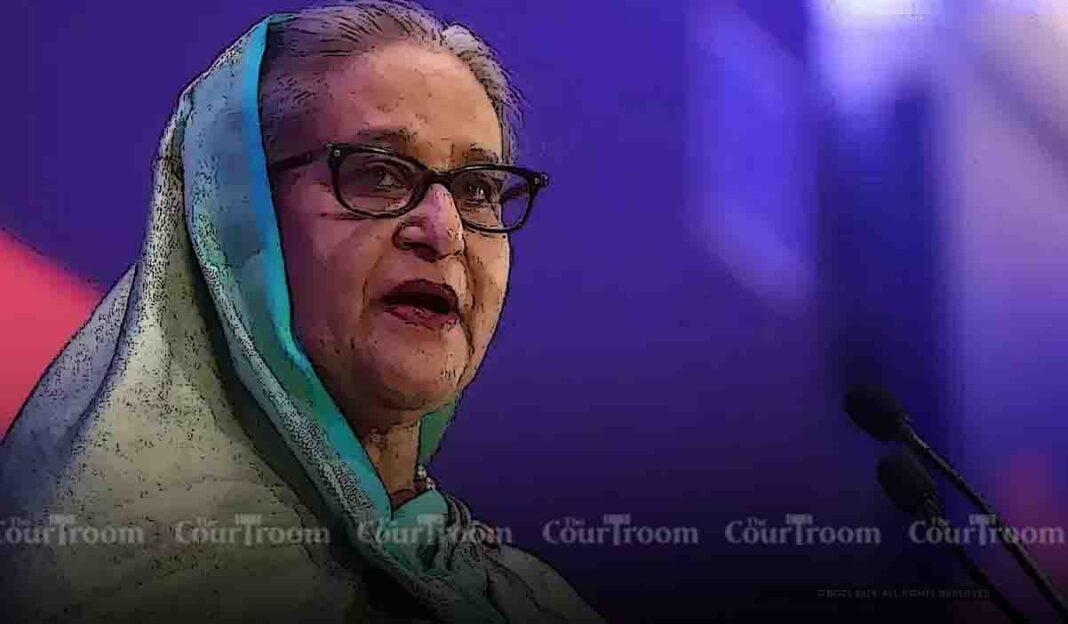Bangladesh Army’s Ultimatum Forces Sheikh Hasina’s Resignation; She Flees to India; Interim Government Announced
In a dramatic turn of events, the Bangladesh Army has taken control of the country, leading to the resignation of Prime Minister Sheikh Hasina. The Army had given Hasina a mere 45 minutes to step down, and she has now left Dhaka under military escort.
Sheikh Hasina Resigns and Flees
Prime Minister Sheikh Hasina resigned from her position and departed from Bangabhaban around 2:30 PM on Monday, traveling with her sister Sheikh Rehana. She is currently in Indian airspace and is expected to land in Delhi at approximately 5 PM, after being denied permission to land in Kolkata.
Interim Government and Economic Impact
In a press conference, Army Chief General Waker-uz-Zaman confirmed Hasina’s resignation and announced the formation of an interim government to stabilize the country. The General cited the severe economic damage caused by ongoing violent protests as a key reason for the military’s intervention.
Security Measures and Border Alert
In response to the unfolding situation, India’s Border Security Force (BSF) has issued a ‘high alert’ along the 4,096 km India-Bangladesh border. BSF Director General Daljit Singh Chawdhary and senior officials are in Kolkata to review border security amid rising tensions. India has also suspended all train services between the two countries.
Protests and Violence
The unrest began last month, with protests against government job quotas resulting in over 150 deaths and thousands of injuries. The ‘Students Against Discrimination’ group, leading the demonstrations, intensified their campaign following a Supreme Court decision to abolish most quotas. Protesters demanded an apology from Hasina, the restoration of internet services, reopening of educational institutions, and the release of detained activists.
Blame and Controversy
Protesters have accused Hasina’s government of excessive force, a charge the administration denies. Initially, the government attributed the violence to the Islamic party Jamaat-e-Islami and the opposition BNP. However, Hasina later labeled the perpetrators as terrorists rather than students.
Background and Economic Struggles
The crisis roots lie in the High Court’s reinstatement of job quotas, which were later overturned by the Supreme Court, emphasizing merit-based recruitment. The country’s high unemployment rate among youth and stagnant job growth in the private sector have exacerbated tensions. Bangladesh’s once-thriving economy now faces stagnation, with inflation at around 10% and dwindling dollar reserves.
Share your news, articles, deals, columns, or press releases with us! Click the link to submit and join our platform today


